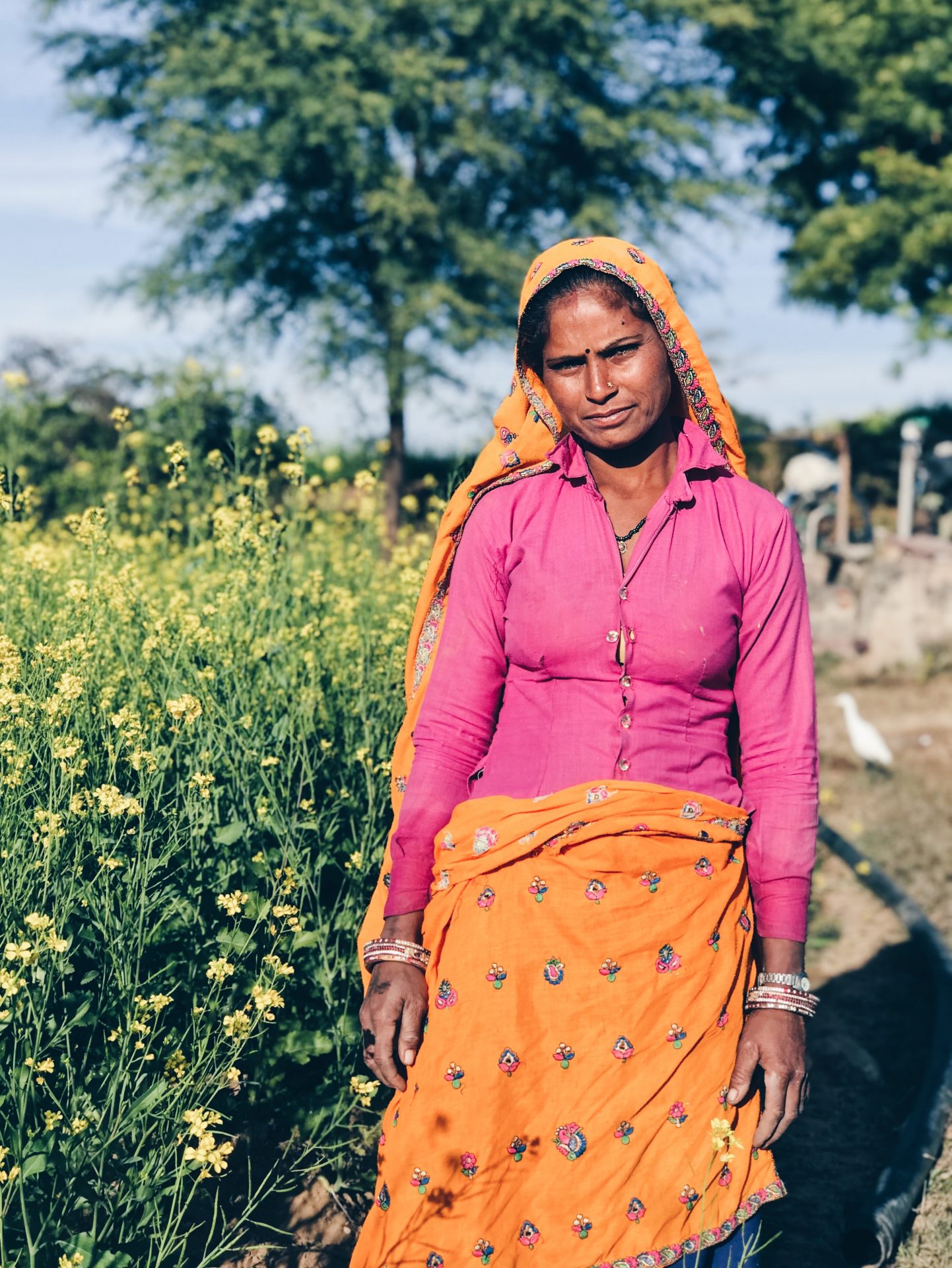- This systematic review compiles current literature on approaches to improve sexual and reproductive health (SRH) intervention utilisation and outcomes for adolescents in humanitarian settings
- Almost all articles reported some outcome improvements related to SRH, mostly knowledge and attitudes
While there is evidence that some SRH interventions for young people are being implemented, there are insufficient details of specific intervention components and outcome measurements to be able to adequately describe and assess these interventions.
Some common strategies for these approaches and programmes included use of peer workers, involving adolescents in a programmatic role, community engagement efforts, mobile clinics, and school-based activities.
Despite international commitments to better serve adolescents in this area of health, there is a scarcity of high-quality literature showing robustly measured positive outcomes from programmatic implementation in this setting. Half of the articles reported no improvements on other dimensions of SRH. Hence, future interventions could benefit from a gender transformative approach, targeting both young men and girls.
There must also be high quality and sex- and age-disaggregated data collected on SRH intervention outcomes in humanitarian settings.
There are also vital dimensions to SRH that were not discussed in the literature including prevention of maternal-to-child transmission, safe abortion, post-abortion care, urogenital fistulae or female genital mutilation.

- Lauren Jennings, Karl Blanchet, Neha S. Singh- Health in Humanitarian Crises Centre, London School of Hygiene and Tropical Medicine
- School of Public Health, University of the Western Cape




